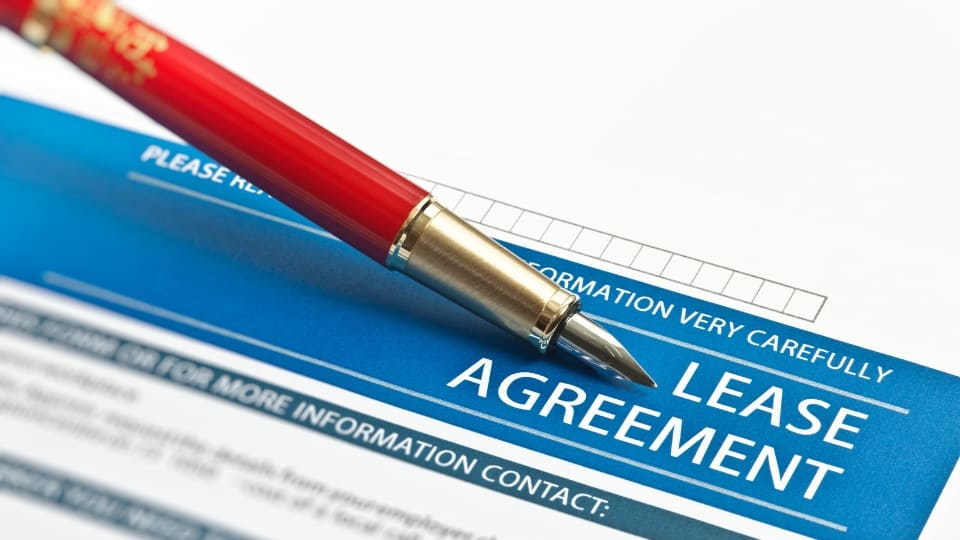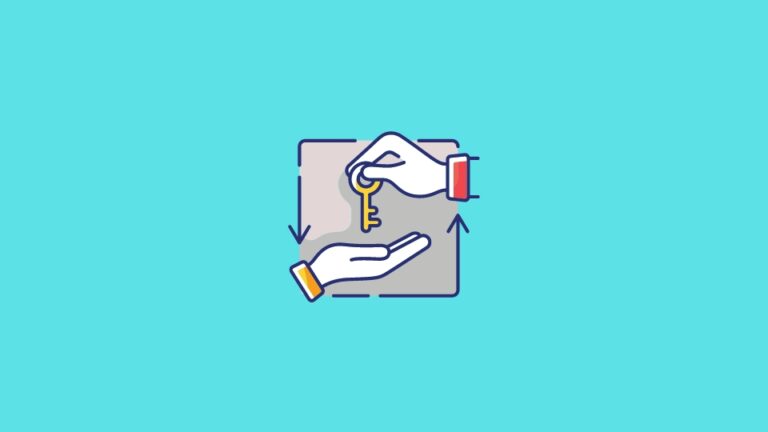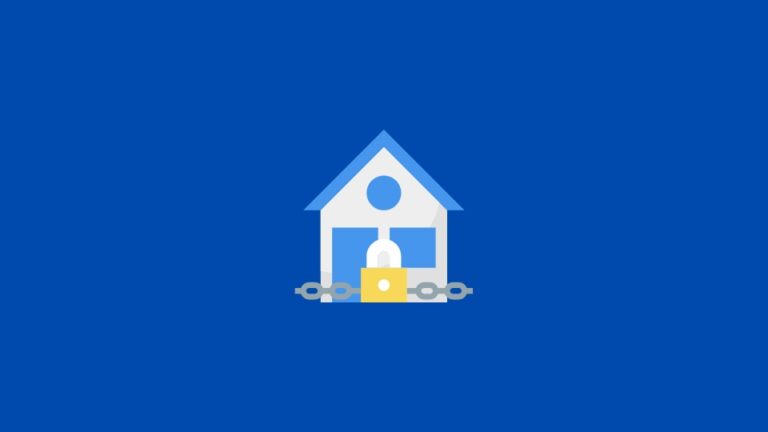What Happens if You Break a Lease in Florida?
Welcome to my post on breaking a lease in Florida. Leases are legally binding arrangements that are difficult to breach. When it comes to leasing termination, Florida is an authoritarian state, although there are several instances under Florida Statutes that allow for it.
This article will examine a tenant’s right to break a lease, whether unusual circumstances allow it, how to minimize financial liability while breaking a lease, and the legal ramifications. You must understand the situation and know your rights to avoid legal problems with your landlord. Continue reading to find out more.
Florida Rental Laws On Breaking A Lease

As stated in the opening, breaking a lease is a difficult undertaking. A lease is a legally binding contract, and Florida’s rental rules have made it more difficult to break one. This means tenants must be aware of their lease contract and the situations that allow them to breach it.
Florida’s rental rules are stricter than in many other states, and tenants must understand what they may and cannot do under the law. Breaking a lease without a valid reason might result in financial fines. Therefore it’s critical to grasp the laws before terminating the lease.
Leases can always be terminated by mutual consent. In some situations, the landlord and tenant might reach an arrangement that permits the lease to end earlier without any negative effects.
Tenant’s Right to Breaking a Lease in Florida
When ending your lease in Florida, you have certain rights as a renter. Landlords must provide 12 hours notice before visiting your rented property, according to Florida Laws 83.53. This implies that landlords cannot enter your property without giving you appropriate notice unless there is an emergency.
Furthermore, if your landlord violates your privacy rights, you can terminate your lease with no additional rent obligation before it expires. This could happen if your landlord routinely visits
your rental property without permission or installs surveillance cameras.
It’s vital to highlight that if you intend to break your lease because of a violation of your privacy rights, you must be able to produce evidence to back up your claim. Photographs or actual evidence of the violation could be included.
Special Circumstances When Breaking a Lease is Allowed

While Florida has tighter restrictions regarding lease violations, there are certain scenarios in which a renter can legitimately terminate their lease without penalty. A call to military service under the Servicemembers Civil Relief Act (SCRA), unsafe or violating premises under Florida Statutes Landlord-Tenant Code 83.60, and invasion of privacy or harassment violations are examples of these conditions.
Active service members relocated due to deployment or a permanent change of station are protected under the SCRA. Suppose you are an active military member attempting to break a lease under the SCRA. In that case, you must demonstrate that the lease was signed before you entered into active duty and that you will remain on active duty for at least the following 90 days.
Tenants may also be permitted to break their lease under Florida Statutes Landlord-Tenant Law 83.60 if the landlord cannot furnish a habitable rental premise. These codes govern dwelling quality and specify if there are enough hot water, heat, and secure locks.
Finally, tenants in Florida have the legal right to terminate their lease if their landlord breaches their private rights or harasses them. It’s vital to note that if you intend to break your lease based on these circumstances, you must have documentation to back up your claim.
Minimizing Financial Responsibility When Breaking a Lease
Breaking a lease might result in financial penalties, but there are methods you can do as a tenant to reduce your financial responsibilities. Lease-breaking terms are permissible in Florida and can specify how much notice a tenant must provide before terminating their lease early and how much a landlord can collect for an early termination fee.
According to Florida law, the maximum notice a renter must provide is 60 days, and the cost cannot be more than twice the monthly rent. If you want to break your lease early, you may be required to pay up to two months’ rent as an early termination charge. You can reduce these fees with good planning and conversation with your landlord.
To limit your financial liability, it’s critical to grasp the wording of your lease-breaking clause and thoroughly analyze your lease. Explain your issue to your landlord and see if they can work with you to find a solution. Giving appropriate notice and carrying out your lease responsibilities to the end of the term might also help you lessen your financial liability.
Legal Consequences of Breaking a Lease in Florida
Ending a lease without explanation can have serious legal and financial ramifications for tenants. If you break your contract without valid justification, you may still be obligated to pay rent for the remainder of your lease period under Florida’s rental regulations.
In addition to being liable for the remaining rent, your landlord may be entitled to sue you to recoup damages incurred due to your early lease cancellation. This could include court fees, lost rent, and any other costs.
Worse, breaking a lease might harm your credit score and make it easier to get future rental agreements. Landlords frequently inquire about a tenant’s rental history.
When to Seek Professional Advice
Breaking a lease can be difficult, and tenants may need clarification on their rights and obligations under Florida’s rental regulations. If you need clarification about your options or believe your landlord is not treating you properly, getting expert counsel from an attorney may be beneficial.
An attorney can review your lease agreement and advise you on your legal choices. They can also assist you in understanding your rights and obligations under Florida rental regulations, such as the situations under which you can legally terminate your lease.
You can make more educated judgments and preserve your rights as a tenant if you understand the law better. Whether you require legal assistance or have questions about breaking your lease, finding professional aid can help to alleviate your concerns and minimize potential legal and financial penalties.
You May Also Like to Read:
- The Ultimate Guide to Pre-Leasing
- Understanding Loss to Lease: A Guide for Property Managers
- Can You Evict a Tenant After Lease Expires?
Conclusion
Breaking a lease in Florida can be complicated, but understanding your rights and obligations might help you avoid legal and financial ramifications. Tenants have various rights under Florida rental regulations, and there are specific circumstances under which a lease can be legally terminated. You can reduce your financial liability by giving adequate notice and cooperating with your landlord. Consulting with an attorney can be a good decision if you need clarification about your alternatives.
Note that breaking a lease is a serious thing that should only be done in limited circumstances, so be sure you fully understand the law before proceeding.






